A New Year’s Resolution?
Every new year brings a whole heap of resolutions, but why not make to ‘read more’ one of yours? As you will have seen from my other article this week, we’ve been busy in the LRC...
Filter by Category
Filter by Author

























































































































































































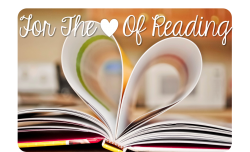
Every new year brings a whole heap of resolutions, but why not make to ‘read more’ one of yours? As you will have seen from my other article this week, we’ve been busy in the LRC...
Posted by Danielle Bowe

We are delighted to announce that four Year 12 Business Students have reached the final of the rigourous and popular UK Subway Challenge beating hundreds of entries from across...
Posted by Marian Lewis

Every Friday afternoon Bushey Meads Language Leaders go down to Little Reddings in groups of four to support a Year 5 French class. We have a rota so that every language leader is...
Posted by Hilarie Charles
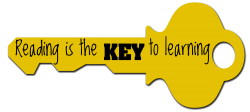
The importance of reading quality materials on a regular basis is key to success not only in school examinations but the wider world. Being able to understand and use a wide range...
Posted by Sara Ash - Deputy Headteacher

It is always lovely to see new friendships forming when Year 7 students join our school in September and also the old ones strengthened. In the School Restaurant on a daily basis...
Posted by Jeremy Turner
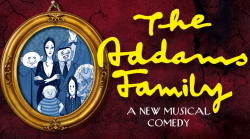
Posted by Greg Knowles

Posted by James Felix
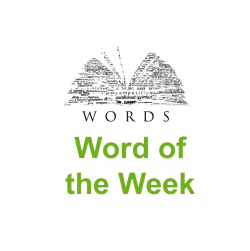
Posted by Danielle Bowe

Key Stage 3 Jack 8 Beech – Jack has had an excellent first term this year, receiving nearly 200 reward points for a variety of reasons. All of Jack’s ATL scores are 6 or 7...
Posted by Kashan Malik

Each time I walk through the many classrooms at Bushey Meads School I never cease to be inspired by the great teaching and excellent attitudes to learning I see at all levels in...
Posted by Jeremy Turner
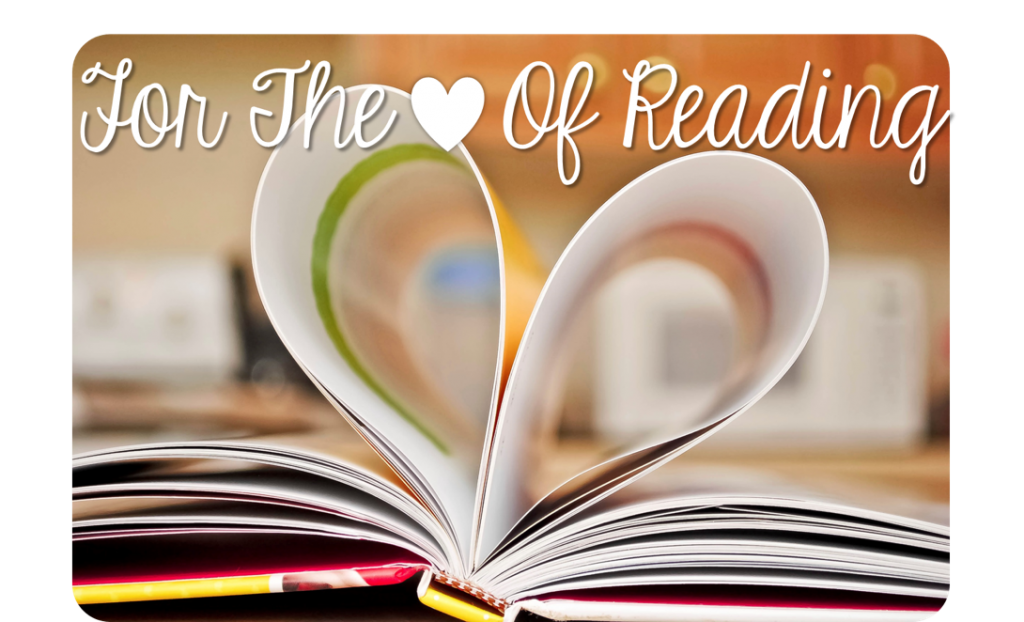 Every new year brings a whole heap of resolutions, but why not make to ‘read more’ one of yours?
Every new year brings a whole heap of resolutions, but why not make to ‘read more’ one of yours?
As you will have seen from my other article this week, we’ve been busy in the LRC updating the stock and getting in some of the very latest book releases for both students and staff. This is in addition to the hundreds of titles already cramming the shelves.
It’s no secret that reading is good for you-it can improve so many areas of your life, not just academically. Here are some great reasons to get reading*:
“Reading is to the mind what exercise is to the body.” Joseph Addison penned this roughly 300 years ago, before modern science and research equipment could back up his claim. Today, however, scientific studies show that reading does make you smarter. Reading a novel, for example, increases the blood flow and improves connectivity in the brain.
Reading about something you enjoy or losing yourself in a good novel is an excellent way to relax. It can ease tension in your muscles and heart while letting your brain wander to new ideas and live in someone else’s shoes. Reading is a mini holiday for your brain!
When you read, your brain absorbs good writing techniques and vocabulary. In your own writing, you will unconsciously copy the writing styles of books that held your attention. Reading also enhances your vocabulary and spelling. New words appear in their natural context and you can deduce meaning from the surrounding words, while visually imprinting their spelling for accurate recall.
As you read, you put yourself in the characters’ shoes. Your brain goes beyond the words on the page, imagining details such as appearances, emotions, and surroundings. William Styron wrote, “A great book should leave you with many experiences, and slightly exhausted at the end. You live several lives while reading.” This can’t fail to enhance the quality of your creative writing.
Because reading increases your vocabulary and your knowledge of how to correctly use new words, reading helps you clearly articulate what you want to say. The knowledge you gain from reading also gives you lots to talk about with others.
Have you ever solved a case in a mystery book before you read the conclusion or predicted a turn of events in a novel? Your analytical thinking was stimulated merely from reading. Reading helps you detect patterns, solve problems, and assimilate new information as if you were living in the characters’ shoes.
When you read a book with a concurring worldview, it reinforces your convictions. If you read a book with an opposing worldview, it broadens your perspective and causes you to examine your beliefs.
Reading can teach you historical politics, customs, cultures, economics, and intellect. Often these facts are set in a context of a story, making history easy to remember.
Reading books set in cultures different from our own provides knowledge of those cultures and the emotional and spiritual lives of the people who live there.
With the modern barrage of media and instant technological information, our attention spans are getting shorter and shorter. Reading a book, unlike skimming a web page, forces you to focus. To get the most out of a story, you must fixate on the plot and complete the book. In doing this, your brain forms deep connections and practices concentration.
Reading about your specific field or interests can improve your success in your chosen topic. You’ll gain factual knowledge and learn from others’ experiments and mistakes.
Reading a good book is like being around an inspiring person- you observe inspiring actions, feel contagious passion, and desire to live a better life.
* Source: getunbound.org
This is great advice for students and parents alike!

Despite these difficult circumstances, students in our shadowing group are reading vigorously and discussing the books. In these updates, we hope to share our thoughts so far on...
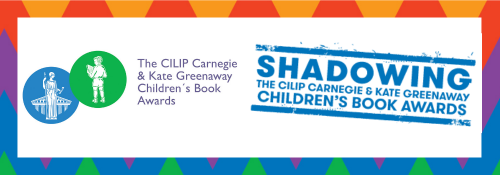
Welcome to our latest Carnegie shortlisted book. The eight books chosen to battle for the Carnegie Award represent the best among the new books written for young people. Some are...